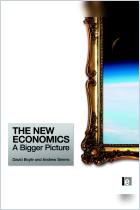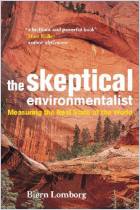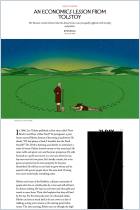
“Time inequality” is the world’s real problem, not income inequality
Inequality should be measured in terms of the time it takes for us to earn the money to buy the things we need. And everyone is getting wealthier.
Recommendation
The metric of the price of time – the ratio of an item’s price to income generated in an hour – lends itself more readily to analysis than prices and wages, claim scholars Marian Tupy and Gale Pooley in this innovative report. They provide cogent arguments that time is a more absolute and less subjective means by which to measure changes in living standards and degrees of economic disparity among individuals and countries. Executives, analysts and students of economics will find this a thought-provoking piece.
Summary
About the Authors
Marian Tupy is the editor of HumanProgress.org, a Cato Institute senior fellow at the Center for Global Liberty and Prosperity, and the co-author of The Simon Abundance Index. Gale Pooley is an associate professor of business management at Brigham Young University–Hawaii.


















Comment on this summary or Comenzar discusión